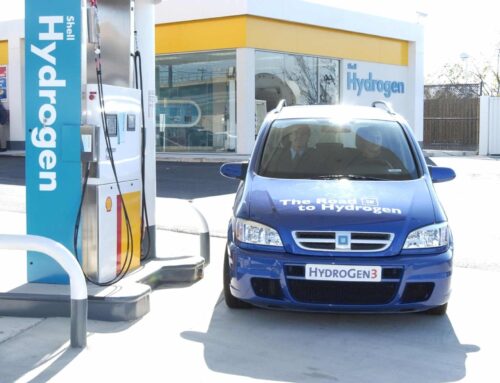Ever wonder why the federal budget is so hard to tame? Sure, there are philosophical differences, with conservatives pushing for reductions in spending and progressives pushing for more revenues. But ideological lines often get blurred when specific programs and policies come under review, and our policymakers end up working harder to protect spending in their own backyards than on solving national budget troubles.
Witness the recent battles over the Mixed Oxide Fuel Fabrication Facility planned for the Savannah River Site in South Carolina. Last month, Senator Lindsey Graham, R-S.C., placed a hold on the nomination of Ernest Moniz to be Energy Secretary and proclaimed to reporters that he was using the procedural maneuver as leverage to protect his home state project. In the 2014 budget, the Obama Administration proposed cutting the facility's budget to $132 million (a reduction of almost 30 percent) and studying alternatives to the current plan.
The reasons to scale back the budget and seek alternatives are overwhelming. The facility, which would take weapons-grade plutonium and convert it into fuel for commercial nuclear reactors, is more than a decade behind schedule and its costs have nearly quadrupled (original estimates were $2 billion, current costs are close to $8 billion). On top of that, no one wants to buy the fuel: there is literally no market for the product.
And to add insult to injury, the $8 billion facility would have a 40-year life expectancy, though the plutonium conversion work would last only 15 years. Taxpayers will undoubtedly be asked to cough up even more money in the future to help figure out a new use for this white elephant facility – and possibly to store the unwanted fuel it produces.
Graham lifted his hold at the end of last week, which will allow the confirmation vote to proceed. We don't know for certain what deal Graham made with the White House to allow the vote to go forward, but any retreat from the administration's initial request for a budget cut and alternatives study is a bad deal for taxpayers.
The plutonium the facility is intended to process is the result of a treaty agreement with Russia, so it must be disposed of. But if we can't study whether there are cheaper, safer alternatives than manufacturing a product that no one wants, taxpayers are in trouble. In tough fiscal times and in good ones, we need policy makers focused on the best and most efficient way to solve our problems – looking for value for taxpayers rather than protecting parochial interests.
We hope that the showdown over this pot of funding is an exception and not the rule. If funding for a project as troubled as the one in South Carolina can be arm-twisted back into life there is little hope of making the tough decisions needed to get the nation's fiscal house back in order.
Written by: Ryan Alexander, president of Taxpayers for Common Sense










